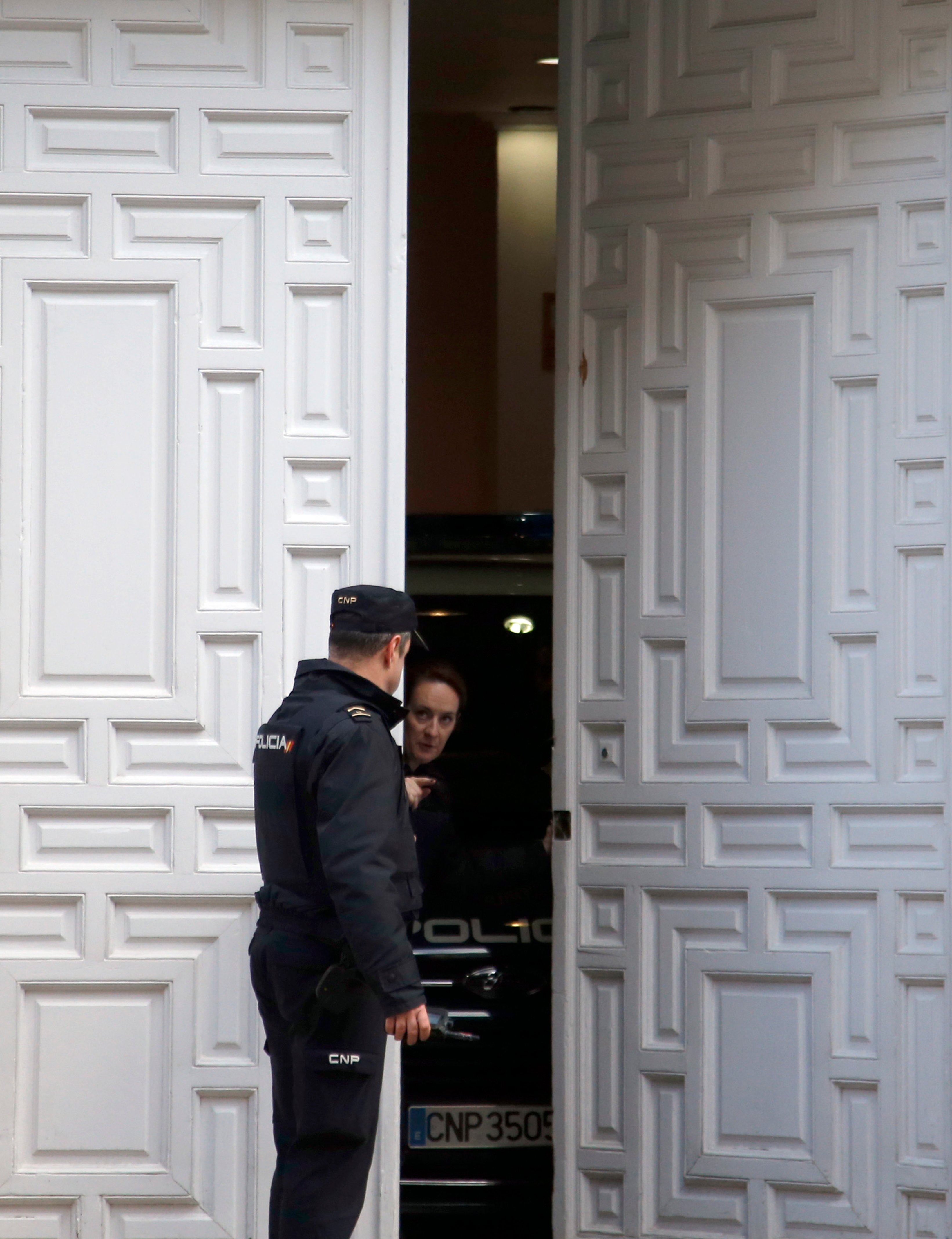The Spanish Supreme Court has issued a ruling rebutting the arguments of the German court which has to decide over Carles Puigdemont's extradition in which they argue that physical violence is not necessary for the charge of rebellion when committed by a government. After strongly questioning Germany's arguments against extraditing the president for rebellion, the Spanish judge writes that if violence is not proved, they could end up trying the suspects for sedition instead.
First, they question the German decision and say that the Catalan independence process is not comparable with the protests organised against the expansion of Frankfurt airport cited by the Schleswig-Holstein higher regional court in their ruling.
The court is also tough on the Catalan government who it accuses of "doing its own thing during the years 2015-2017 to follow the roadmap [to independence] which was set out and announced with all manner of publicity in both print and audiovisual media".
"What really happened here was that after more than two years dedicated to flattening the Spanish and Catalan legal systems, and directly opposing the compliance of basic Constitutional Court sentences, the secessionist process culminated within a country of the European Union, with an established democracy, putting the masses in the streets to vote in an unconstitutional referendum opposing the legitimate force of the state which protected some supposed polling stations," says the resolution.
"If the events which have taken place in Spain had been carried out in a federal state of Germany with the same development, time and result, it doesn't seem very viable that it would all have been settled with a merely symbolic sentence as the higher regional court of Schleswig-Holstein says."
In any case, the court also says that public prosecutors left the possibility open in their lawsuit filing that, if not enough violence was established for the charge of rebellion, the relevant actions could be considered under the charge of sedition instead.
This response from the Supreme Court to the German court's decision comes in a verdict on an appeal from Jordi Sànchez from 9th March. An unusual method, responding to an outdated petition as Sànchez was asking for permission to attend an investiture debate planned for 12th March.
Against the German arguments
What most calls the attention of the Spanish court is that the German judges start with a very appropriate hypothetical example, asking what would happen if the president of a German federal state had acted similarly to Puigdemont, "but within a few lines abandons this without going into detail and suddenly slips to the factual case of the airport runway, thus fleeing from the tricky comparative example which resulted so appropriate and pertinent".
"The hypothetical of the president of a federal state went a long way, but very probably if, in their argumentative analysis, the rules of the rhetoric of communicational logic had been followed, its outcome would end up in conceding the European arrest warrant," the judges write.
Violence without violence
According to the criminal chamber, instead of making use of violence to take the central power of the state, "they tried to disconnect or break off from the Spanish state the autonomous institutions whose powers they exercised. For this they counted with the legal means they had been provided by the Constitution and the Statute of Autonomy through legitimate elections, a legal instrument they ended up using for aims totally in contrary to those provided by the rules which legitimised their role".
"In a context of this nature, it's clear that physical violence passed to second position, as it was only to be used at certain crossroads or in one-off traffic on the route they had planned. Especially to carry out the independence referendum, since it was an essential step in their route for the objective of secession, and in having to make it a reality on a large scale and in public centres, they were going to encounter the opposition of the legitimate force of the state".
The justification for the police attacks
The resolution, between jabs at the German court, is also taken as an opportunity to justify the police's actions on 1st October.
The judges record that the Spanish government deployed some 6,000 agents to Catalonia whose duty was to ensure the observance of the sentences and resolutions of the Constitutional Court, banning the holding of a referendum declared unconstitutional. However, despite warnings from the courts and other authorities, "the protagonists of the [independence] process persisted with their road map and induced some two million people to go out into the streets to vote illegally". The result was that, "totally predictably and inevitably", there was violence and more than a hundred physical confrontations between voters and the police.
The ruling analyses the intensity of the violence and the evaluation thereof made by the German court that it wasn't enough for the Spanish government to see itself forced to give in to the independence supporters' demands.
The Supreme Court says that the 6,000 agents used were ostensibly overwhelmed by the two million voters, proof of which is that "the consultation ended up taking place (albeit without the slightest guarantees) and that the suspects continued with their secessionist road map and ended up declaring the independence of Catalonia". They add that "if a sufficiently large number of police had intervened it's very probable that everything would have ended in a massacre and then it would indeed have been very feasible that the result of the European arrest warrant would have been very different".

